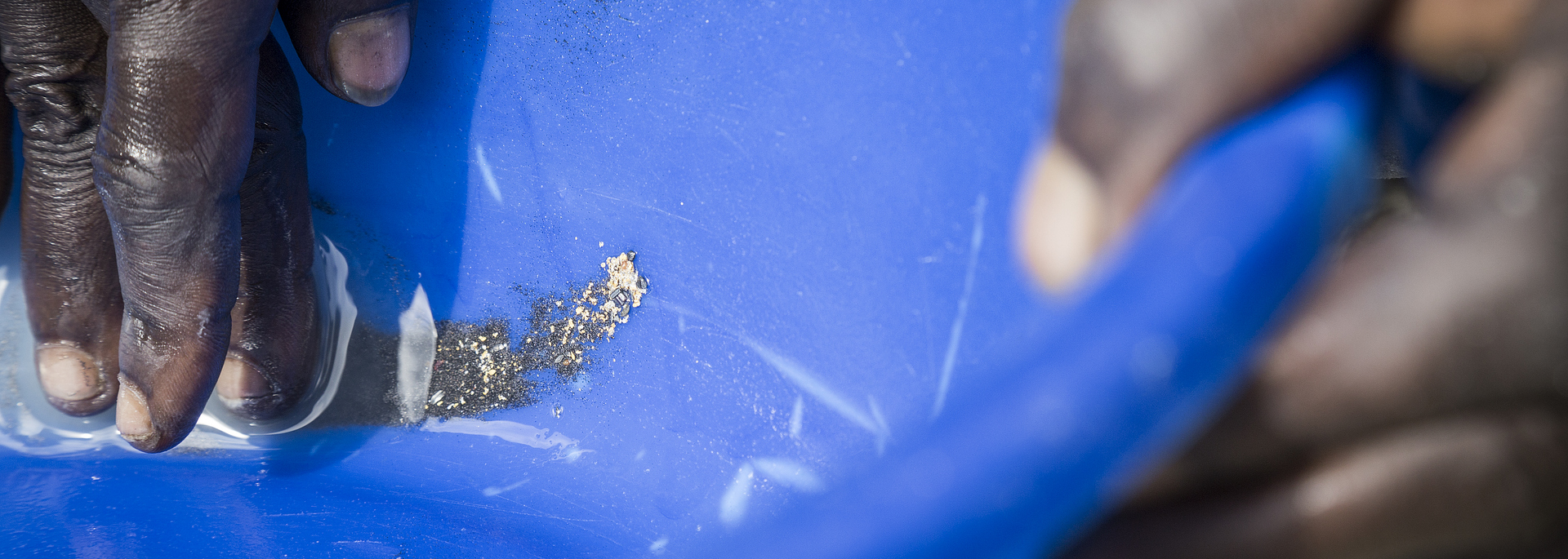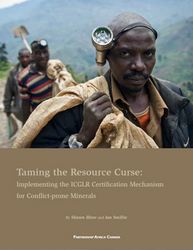
IMPACT in Kenya
Our work in Kenya focuses on providing technical guidance to develop new approaches to natural resource management.
Resources
Kenya’s key natural resources include gold, iron, steel, titanium, gemstones, water, and wildlife.
We Reveal
Our research in the Great Lakes region investigates the drivers of the illicit trade of conflict-prone minerals and highlights recommendations for ICGLR Member States, including Kenya. We examine issues such as formalization of the artisanal mining sector, fiscal reform, harmonization of legislation, and strengthening of internal controls to end smuggling. We also provide analysis of certification, traceability, and due diligence as it applies to the 3T and gold sector for the Great Lakes region. In 2011, we published Taming the Resource Curse: Implementing the ICGLR Certification Mechanism for Conflict-prone Minerals that outlined a certification mechanism for 3TG based on best practices. The mechanism was approved by all the Heads of State of the ICGLR, including Kenya’s President, in December 2010.

We Innovate
As part of our work to transform mineral supply chains, we’ve led efforts to support traceability and due diligence. Since 2005, we’ve worked with the International Conference on the Great Lakes Region (ICGLR) to address the illegal exploitation of conflict-prone minerals—a regional initiative that Kenya is a member of. As a technical partner to the ICGLR, we are supporting the implementation of the Regional Initiative against the Illegal Exploitation of Natural Resources. We provide technical guidance to Kenya’s Ministry of Mines on implementing the six tools of the RINR which include the Regional Certification Mechanism, the Regional Database on Mineral Flows, and formalizing the artisanal mining sector. We provide capacity building and sensitization to policymakers from Kenya, as well as members of its industry on their role in traceability and due diligence.

We Engage
We advance dialogue with our partners in Kenya, including policymakers, private sector, and civil society to implement traceability and due diligence as well to ensure benefits reach miners and their communities. We engage governments to strengthen their internal controls, and encourage the private sector to put in place due diligence for their mineral supply chains.
Recent Highlights
ICGLR Regional Certification Mechanism Implementation
IMPACT supports the implementation of the International Conference on the Great Lakes Region (ICGLR) Regional Certification Mechanism and Organisation for Economic Co-operation and Development’s (OECD) Due Diligence Guidance. We provide technical support and training so that ICGLR Member States can effectively meet international and regional standards and ensure their minerals are conflict-free.
ICGLR Regional Database on Mineral Flows
IMPACT is supporting the International Conference on the Great Lakes Region (ICGLR) to operationalize the Regional Database on Mineral Flows as part of its efforts to end the illicit trade of conflict-prone minerals.

